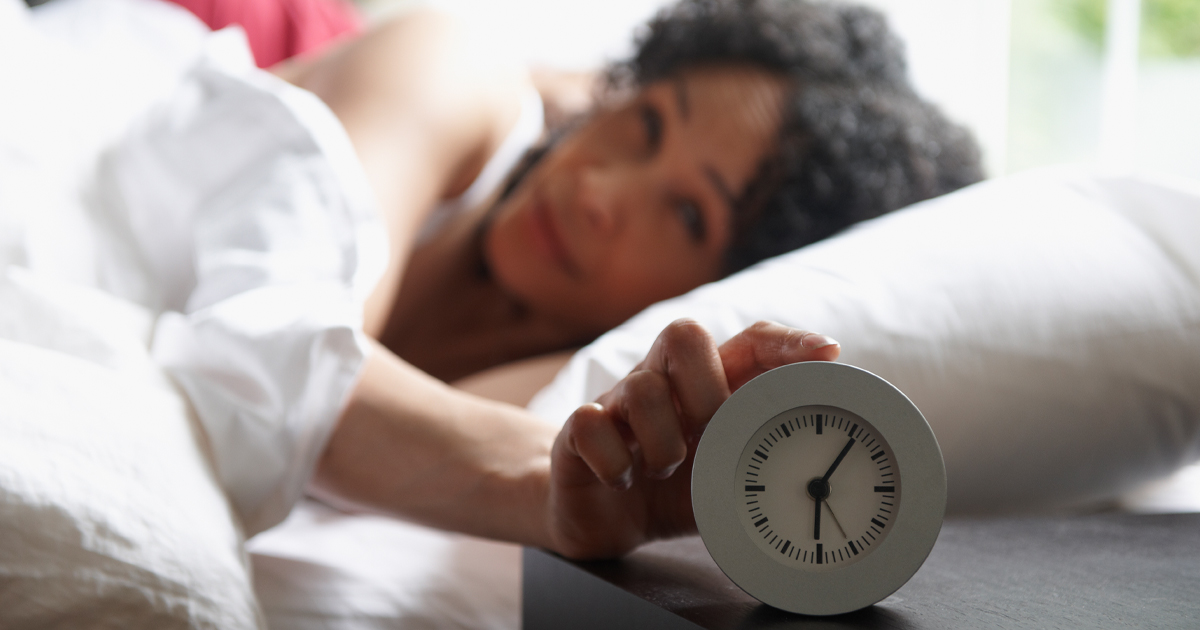Help! Why are my clothes so tight?

Let’s face it – a lot is going on right now, Covid-19 is still rife, working from home has become the new normal, and we’re constantly looking for ways to streamline our lives.
We chatted to Carey Anne Seady, a registered dietician, who is a Ph.D. fellow with a master’s degree in nutrition and dietetics from the University of Stellenbosch. She also holds a BSc Medical Honour’s in Dietetics from the University of Cape Town. Over the past 16 years, Carey has worked with top athletes and celebs and has a private practice at Netcare Christian Barnard Memorial Hospital in Cape Town.
STRESS
It’s important to remember that everyone’s body is different. Some tend to lose weight and others gain weight. Essentially, our body secretes Cortisol, better known as the stress hormone. “Cortisol stimulates fat and carbohydrate metabolism for quick-releasing energy and triggers insulin release. This then leads to an increase in appetite. It’s the reason why you’ll crave sweet, high fat, and salty foods, which ultimately contributes to weight gain,” advises Carey.
LACK OF SLEEP
With most of us working from home, our usual routines may be a thing of the past. And if you’re sleeping a lot later, chances are you’re consuming more late-night snacks, which could lead to those pesky calories piling up. When you’re not getting enough sleep, your hormone levels might also change and result in you not feeling as full after eating.
Carey advises that two hormones play a role in appetite regulation. These hormones are leptin, a satiety hormone that makes one feel full, and ghrelin, a hunger hormone. These two hormones are affected by sleep deprivation. She adds that glucose tolerance and insulin secretion is regulated by the sleep-wake cycle.
Epidemiologic data, which is the study of how often diseases occur in various groups of people, consistently support a link between short sleep and obesity risk as well as type 2 diabetes. Carey further advises that one should average seven to nine hours of sleep per night as an adult.

ANTIDEPRESSANTS
Although antidepressants have been linked to weight gain, it differs for everyone. “Not every antidepressant causes weight gain and not everyone who takes an antidepressant gains weight. Side-effects vary from person to person,” advises Carey. “Tricyclic anti-depressants are linked to the most weight gain.”
Never change your treatment plan on your own. Speak to your doctor and voice your concerns to find a better solution.
HYPOTHYROIDISM
If you’ve unexpectedly gained weight, are consistently feeling cold, fatigued, have brittle hair and nails, and dry skin, it may be that you have an underactive thyroid. The thyroid hormone is responsible for many of your body’s functions, like maintaining a healthy, normal metabolism. When your metabolism is sluggish, it could trigger weight gain. Carey advises that the average weight gain is approximately 2.5-5kgs.
CUSHING’S SYNDROME
Although this is a rare syndrome – only 10-15 people per million are affected, it can’t be ruled out. Cushing’s syndrome occurs as a result of the body producing too much of the stress hormone, cortisol, over a prolonged period. The most noticeable places you’ll see weight gain will be around the face, waist, neck, or upper back.
PCOS or POLYCYSTIC OVARY SYNDROME
“PCOS is a hormonal disorder common among women of reproductive age. Women with PCOS may have infrequent or prolonged menstrual periods or excess male hormone (androgen) levels. The ovaries may develop numerous small collections of fluids (follicles) and fail to regularly release eggs. The exact cause of PCOS is unknown. However, PCOS signs and symptoms are typically more severe if you are obese, which is why weight loss is recommended,” Carey advises.
She further adds that PCOS is a health problem that affects 1 in 10 women of childbearing age and advises that early diagnoses and treatment along with weight loss may reduce the risk of long-term complications such as type 2 diabetes and heart disease.
For PCOS treatment, Carey recommends birth control pills to regulate periods, along with medication called metformin to control or prevent diabetes.

WHEN SHOULD YOU SEE A DOCTOR OR DIETICIAN?
There are plenty of reasons why you could be gaining weight. The problem lies in the amount of weight you’re gaining – and how fast. If you haven’t made any major changes to your lifestyle, speak to your doctor before self-diagnosing, and whatever you do, don’t stop any prescribed medication on your own. After chatting with your doctor, they should tell you whether the problem lies with your medication or your metabolism. Thereafter, you can work together to find the best solution for your body.
![]() JET CLUB HELPLINES
JET CLUB HELPLINES
For free advice on any health problems or queries, Jet Club members can call our helpline.
SA & Namibia
0800 00 45 45
Botswana, Lesotho & Swaziland
+2711 991 8258
Sources: webmd.com, medicalnewstoday.com
Related articles

Latest Jet club magazine
We’ve got the latest trends, exciting prizes and exclusive savings just for you!
Jet Club will not pass your details to anyone else. By clicking the subscribe button you confirm you have read and agree to the Jet Club Terms and conditions and Jet Club Privacy Statement.
Subscribe

